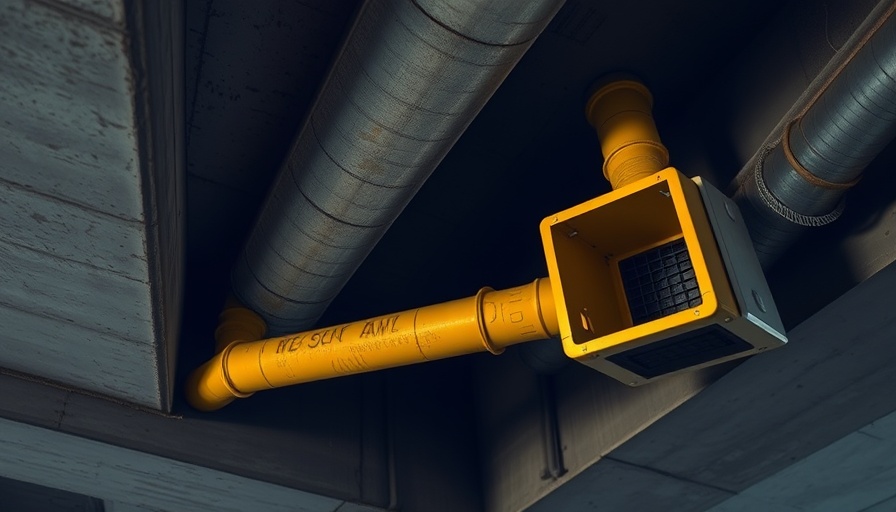
Understanding Roof Warranties: Your Essential Guide
Investing in a new roof is one of the most significant decisions a homeowner can make. Not only does it protect your home from the elements, but it’s also a long-term commitment that requires careful planning and understanding—especially when it comes to warranties. Roof warranties play a critical role in safeguarding your investment, but many homeowners are unsure about the specifics.
What Is a Roof Warranty and Why Does It Matter?
A roof warranty is a promise made by manufacturers or contractors regarding the performance and durability of the roofing materials and installation. Understanding the distinction between manufacturer warranties, which cover defects in roofing materials, and workmanship warranties, which cover errors made during installation, can help homeowners make informed decisions about their roofing investments. Both types of warranties are crucial, as they address different aspects of your roof's reliability.
Diving Deeper: Types of Roofing Materials and Their Warranties
The type of roofing material you select significantly influences the warranty terms. For example, asphalt shingles generally offer manufacturer warranties ranging from 20 to 30 years, with some premium options extending up to 50 years. Metal roofs provide a more extended durability, often featuring 40 to 70-year warranties. Meanwhile, tile roofs are noted for their longevity with warranties that can exceed 50 years—an essential factor to consider for homeowners seeking a long-term solution.
Coverage Insights: What Do Roof Warranties Typically Include?
Understanding what your roof warranty covers is vital. Typically, warranties will cover defects in materials like leaks due to manufacturing flaws and issues like broken shingles. However, familiarizing yourself with the exclusions is just as crucial. Common exclusions can include storm damage, misuse, or poor maintenance practices. Knowing these details allows homeowners to avoid pitfalls that could void their coverage.
Duration of Roof Warranties: How Long Can You Rely On Them?
The duration and transferability of a roof warranty depend heavily on the roofing materials and manufacturers. For instance, while asphalt shingles offer shorter warranties, metal and tile roofs can include warranties that promise coverage for “limited lifetimes.” If you’re planning to sell your home, inquire about the transferability of the warranty to ensure it adds value for potential buyers.
Maximizing Your Roof Warranty: Practical Tips to Follow
For homeowners aiming to make the most of their roof warranties, following best practices is key. Start by hiring licensed and certified roofing contractors, as improper installation can void your warranty. Additionally, scheduling regular inspections and maintenance can preemptively catch issues. Keeping detailed records of your roof’s maintenance history and adhering to manufacturer recommendations are also important steps in ensuring that any potential claims can be resolved efficiently.
Common Misconceptions: What You Might Not Know About Roof Warranties
One prevalent misconception is that all warranties are the same. This couldn’t be further from the truth. Different materials have varied warranty lengths and coverage. Another common belief is that simply having a warranty guarantees protection. In reality, warranties can be invalidated by improper maintenance or unapproved modifications to the roof. Educating yourself on these misconceptions can help you make better decisions and protect your home effectively.
Future Trends: What to Expect in Roof Warranties
As technology evolves, roofing materials and their corresponding warranties are likely to change as well. Homeowners might begin to see innovations such as extended warranties on eco-friendly materials or warranties that cover a broader scope of damages. Being informed about these potential changes will enable homeowners to make proactive decisions about their roofing investments.
In conclusion, understanding roof warranties is crucial for every homeowner. By familiarizing yourself with the types of warranties available, the coverage they provide, and the best practices for maximizing your warranty, you can ensure the longevity and safety of your roof, saving you money and stress in the long run. For proactive homeowners, this knowledge is not just beneficial—it’s essential for protecting one of your most valuable investments.
 Add Row
Add Row  Add
Add 



Write A Comment